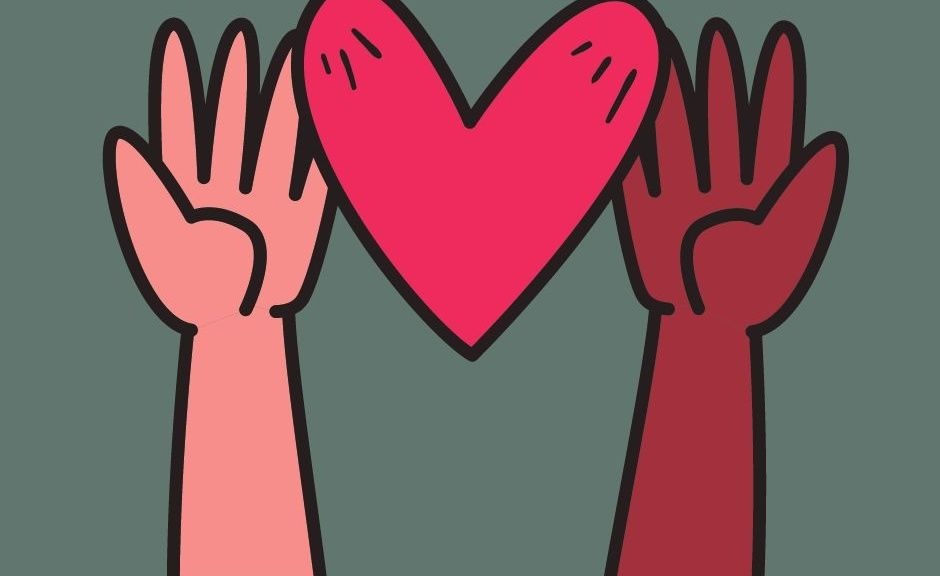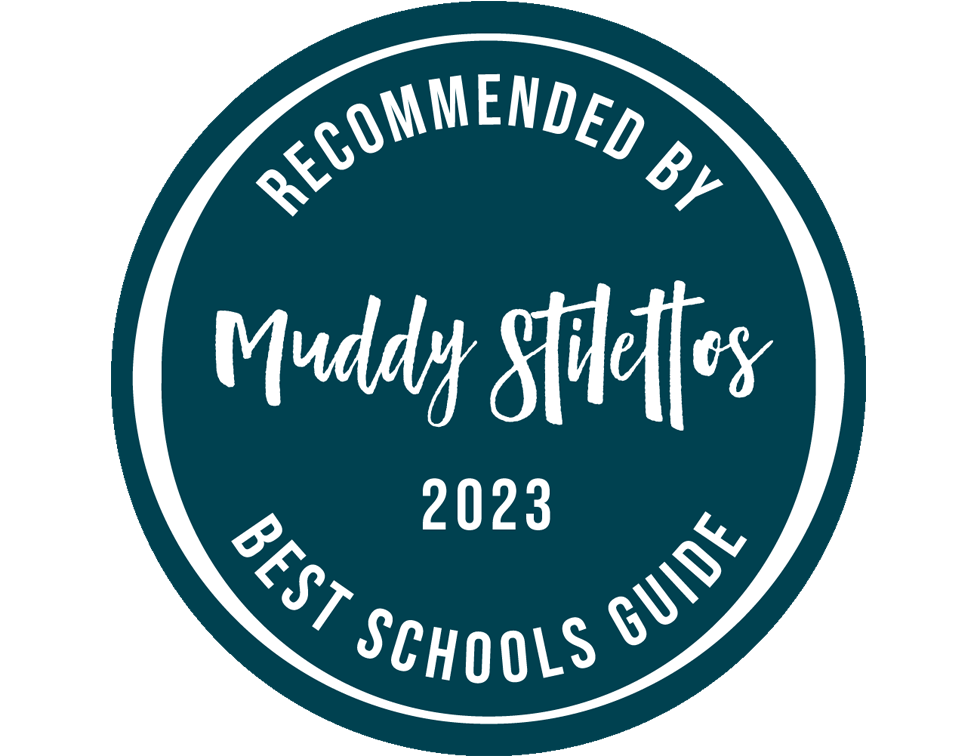Well being Matters - Multiculturalism

In his latest Wellbeing Matters article, Matt Shroff, our Director of Wellbeing, considers his own country when describing multiculturalism, and how we need to help our children understand the world that they will emerge into.
Every country has its own story of multiculturalism. Historically, a lot of it is based on colonialism, where one culture moves in and imposes itself on another, but the 20th Century saw a lot of mass migration to various parts of the world. These were often painful and sometimes tragic events, but through the passage of time cultures have been integrated and adopted into, and ultimately have helped to shape those societies.
The history of my own country, New Zealand, is chequered. Maori arrived in Aotearoa about 850 years ago, with the British arriving some 600 years later. There was conflict, discrimination and marginalisation, but over time, New Zealand has set to put these past wrongs right. It is a country with descendents from Europe, but also Maori, Pacific Islands, and, increasingly from South East Asia and beyond. At some point, most migrants can point to looking for a better life as a reason for what they did.
At its worst, in a society with a wide range of different kinds of people (in all definitions of the term) there can be conflict, discrimination, and broken social bonds. But at its best it is exciting, interesting, mutually beneficial and supportive.
I was teaching Year 7 the other day about discrimination. We were looking at the Equality Act 2010 and the concept of 'Protected Characteristics'. Against these nine clearly defined characteristics it is illegal to discriminate for any reason. I posed the question: Why do we need these laws?
Further discussion led towards considering what kind of society we want to live in. This is a question for all of us. Multiculturalism in Britain is a permanent and important feature, and we need laws and education in order to see unpleasant aspects change. As adults, we must work to combat bigotry and help our children understand the world that they will emerge into. Fight the bad stuff, love and embrace the good. We can all do that, every day, in small ways and in big ways too.
Fundamentally, the question we all need to ask is: Why would we treat other people differently? The answer comes from our values, our experience and our education. And that is set by family, friends and school.
Be nice to people!
Matt Shroff
Director of Wellbeing









